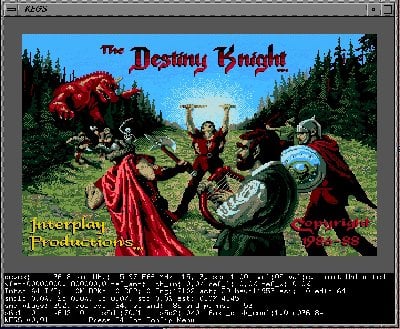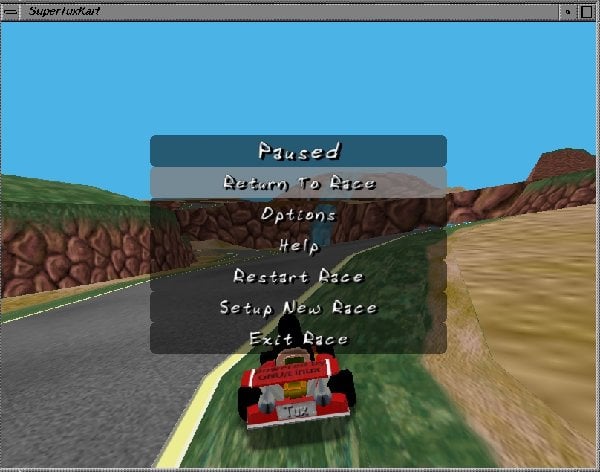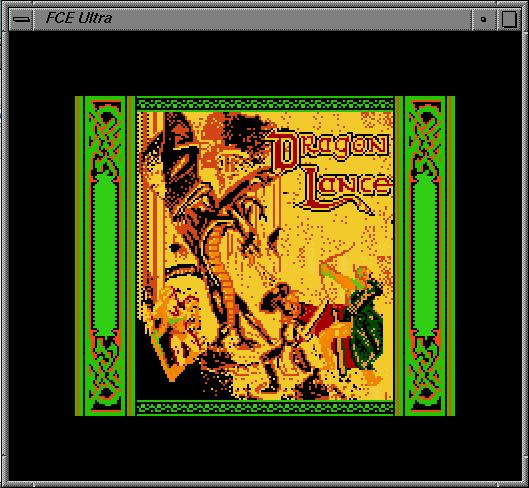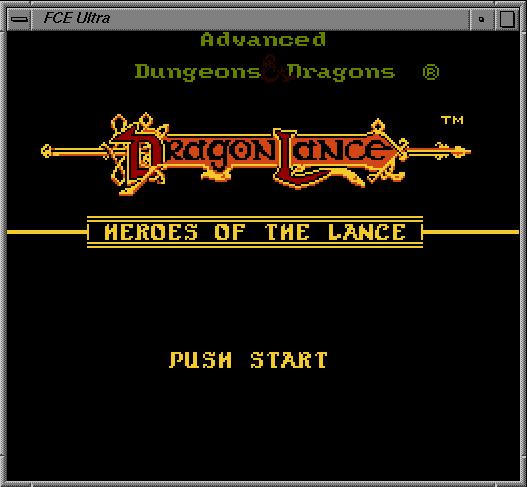Hello all,
For the hell of it I tried to build the latest sources for GemRB (
http://en.wikipedia.org/wiki/GemRB
) on my Fuel (Planescape Torment was a kick ass game lol). Mipspro compiled almost straight away with very little tweaking - just some Makefile gorp.
That said when I run I get the following:
GemRB Core Version v0.2.9 Loading...
[Core]: Initializing Variables Dictionary...[OK]
[Config]: Trying to open GemRB.cfg
[OK]
[Core]: Starting Plugin Manager...
[PluginMgr]: Loading Plugins...
[PluginMgr]: Searching for plugins in: /usr/nekoware/gemrb/lib/gemrb/
[PluginMgr]: Loading: /usr/nekoware/gemrb/lib/gemrb/libGUIScript.so...[OK]
[PluginMgr]: Checking Plugin Version...[OK]
[PluginMgr]: Loading Exports for GUI Script Engine (Python)...[OK]
[PluginMgr]: Loading: /usr/nekoware/gemrb/lib/gemrb/libSDLVideo.so...[OK]
<snip>
all this is goodness until:
[KEYImporter]: Opening /usr/people/mejdrich/PST/CHITIN.KEY...[OK]
[KEYImporter]: Checking file type...[OK]
[KEYImporter]: Reading Resources...
[KEYImporter]: BIF Files Count: 1946222592 (Starting at 402653184 Bytes)
[KEYImporter]: RES Count: 1731133440 (Starting at 924975104 Bytes)
[Streams]: Invalid seek position: 402653184 (limit: 178649)
[Streams]: Invalid seek position: 402653184 (limit: 178649)
[Streams]: Invalid seek position: 796226418 (limit: 178649)
[Streams]: Invalid seek position: 402653196 (limit: 178649)
[Streams]: Invalid seek position: 796226418 (limit: 178649)
<goes on forever>
<snip>
Does this look familiar to anyone? I'm suspecting Endianness or iostream issues, etc, but thought I'd see if anyone had experienced anything similar...
Best regards,
Eric








